Dental implants are aesthetic and essential for replacing missing or highly infected teeth in diabetic or non-diabetic patients. On the contrary, dental implant failure in diabetic patients is a serious issue due to the lack of osseointegration and immunoregulatory incompetency.
This study utilized carbon nanomaterials because they can enhance the characteristics of biomimetic dental implants, along with the antibacterial, anti-inflammatory, and drug delivery properties that are important for the success of dental implants.
Diabetic patients are more prone to develop peri-implant infection and decreased osseointegration because the disabled glycemic control elevates the release of toxic metabolites (advanced glycation end products AGE’s), interleukin 6 (IL-6), and tumor necrosis factor-alpha (TNF-alpha), which leads to implant failure. Carbon nanodots, graphene, Nanodiamonds, and carbon nanotubes are Carbon-based nanoparticles used widely in dentistry, biomedical fields, and applications such as biomedical imaging, nanotherapeutics, and cancer therapy. The hypotheses addressed in this review are about biomimetic dental implants functionalized with carbon-based nanomaterials for insulin delivery to achieve osteogenesis and antibacterial properties for enhanced dental implant survival rates in diabetic patients.
Results: Biomimetic insect patterns are cicada, dragonfly wings, and modified gecko feet. These superhydrophobic materials reduce the adhesion force between bacteria and the surface of implants, providing an antifouling effect. Anti-infective biomimetic materials reveal bacteriostatic or bactericidal properties as well as pro-osteogenesis function mediated by nanostructured surfaces. A recent study described that dental implant coating with nanostructured hydroxyapatite and silicon-based substitutes could enhance osseointegration for the diabetic group. Animal-inspired patterns such as Sharkskin, and Plant-inspired patterns such as lotus & taro plants have antifouling and antibacterial properties. Research has demonstrated that mussel-inspired polydopamine (PDA) would help to improve osseointegration, which is vital for implant durability in diabetic patients. Different materials are used for implant surface coating to improve the osseointegration was attested. Insulin delivery in diabetic patients is very beneficial because it results in bone matrix development and osteoid production. Carbon nanomaterials (CNMs) coatings on bio-inspired dental implants can serve as a drug delivery system, which helps to deliver insulin and accelerate wound healing and osseointegration. These CNMs have antibacterial property against gram-positive and gram-negative bacteria and anti-inflammatory property that helps to prevent implant failures in diabetic patients.
Conclusion: Adaptability of the carbon nanomaterials for changing biomimetic dental implants that can address issues like delayed wound healing, infections, and osseointegration, create longevity dental implants and contribute to the progress of personalized dental treatment for diabetic and non-diabetic patients.
Reference
Vijay R, Mendhi J, Prasad K, Xiao Y, MacLeod J, Ostrikov K, Zhou Y. Carbon Nanomaterials Modified Biomimetic Dental Implants for Diabetic Patients. Nanomaterials. 2021; 11(11):2977. https://doi.org/10.3390/nano11112977
Tags:
BUFFALO, N.Y., US: Formation of an effective soft-tissue seal around dental implants can be supported by modifying implant surfaces. A research team from ...
BRISBANE, Australia: Dental professionals and researchers continue to look for the best solutions to help prevent and manage peri-implant disease. For ...
BRISBANE, Australia: Ensuring the formation of a solid soft-tissue seal at the dental abutment surface is crucial for protecting the underlying tissue from ...
Periodontal health extends far beyond the confines of the mouth, reaching into the intricate ecosystem of the gut. Recent research suggests a fascinating ...
Leuven, Belgium: As digital dentistry continues to evolve, artificial intelligence (AI) is stepping into roles once thought to require exclusively human ...
MUMBAI, India: For decades, the central question surrounding dental implantology has been one of longevity. Clinicians and patients alike have sought ...
Dentistry is adopting computer technology & newer digital tools in multiple areas, including shade matching to minimize or eliminate human errors.
...
ZURICH, Switzerland: Clinical evidence has established dental implants as a great treatment option to replace missing teeth. However, even with the high ...
BUDAPEST, Hungary: Studies have shown that the implant surface roughness influences the degree of biological integration and success rates of dental ...
Live webinar
Tue. 24 February 2026
11:30 pm IST (New Delhi)
Prof. Dr. Markus B. Hürzeler
Live webinar
Wed. 25 February 2026
1:30 am IST (New Delhi)
Prof. Dr. Marcel A. Wainwright DDS, PhD
Live webinar
Wed. 25 February 2026
9:30 pm IST (New Delhi)
Prof. Dr. Daniel Edelhoff
Live webinar
Wed. 25 February 2026
11:30 pm IST (New Delhi)
Live webinar
Thu. 26 February 2026
6:30 am IST (New Delhi)
Live webinar
Tue. 3 March 2026
9:30 pm IST (New Delhi)
Dr. Omar Lugo Cirujano Maxilofacial
Live webinar
Wed. 4 March 2026
6:30 am IST (New Delhi)
Dr. Vasiliki Maseli DDS, MS, EdM



 Austria / Österreich
Austria / Österreich
 Bosnia and Herzegovina / Босна и Херцеговина
Bosnia and Herzegovina / Босна и Херцеговина
 Bulgaria / България
Bulgaria / България
 Croatia / Hrvatska
Croatia / Hrvatska
 Czech Republic & Slovakia / Česká republika & Slovensko
Czech Republic & Slovakia / Česká republika & Slovensko
 France / France
France / France
 Germany / Deutschland
Germany / Deutschland
 Greece / ΕΛΛΑΔΑ
Greece / ΕΛΛΑΔΑ
 Hungary / Hungary
Hungary / Hungary
 Italy / Italia
Italy / Italia
 Netherlands / Nederland
Netherlands / Nederland
 Nordic / Nordic
Nordic / Nordic
 Poland / Polska
Poland / Polska
 Portugal / Portugal
Portugal / Portugal
 Romania & Moldova / România & Moldova
Romania & Moldova / România & Moldova
 Slovenia / Slovenija
Slovenia / Slovenija
 Serbia & Montenegro / Србија и Црна Гора
Serbia & Montenegro / Србија и Црна Гора
 Spain / España
Spain / España
 Switzerland / Schweiz
Switzerland / Schweiz
 Turkey / Türkiye
Turkey / Türkiye
 UK & Ireland / UK & Ireland
UK & Ireland / UK & Ireland
 International / International
International / International
 Brazil / Brasil
Brazil / Brasil
 Canada / Canada
Canada / Canada
 Latin America / Latinoamérica
Latin America / Latinoamérica
 USA / USA
USA / USA
 China / 中国
China / 中国
 Pakistan / Pākistān
Pakistan / Pākistān
 Vietnam / Việt Nam
Vietnam / Việt Nam
 ASEAN / ASEAN
ASEAN / ASEAN
 Israel / מְדִינַת יִשְׂרָאֵל
Israel / מְדִינַת יִשְׂרָאֵל
 Algeria, Morocco & Tunisia / الجزائر والمغرب وتونس
Algeria, Morocco & Tunisia / الجزائر والمغرب وتونس
 Middle East / Middle East
Middle East / Middle East
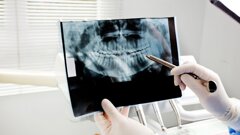
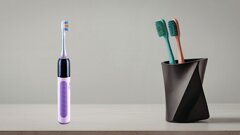
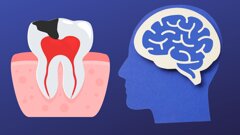
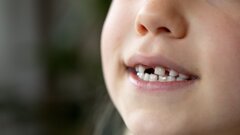
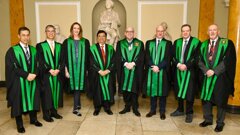






















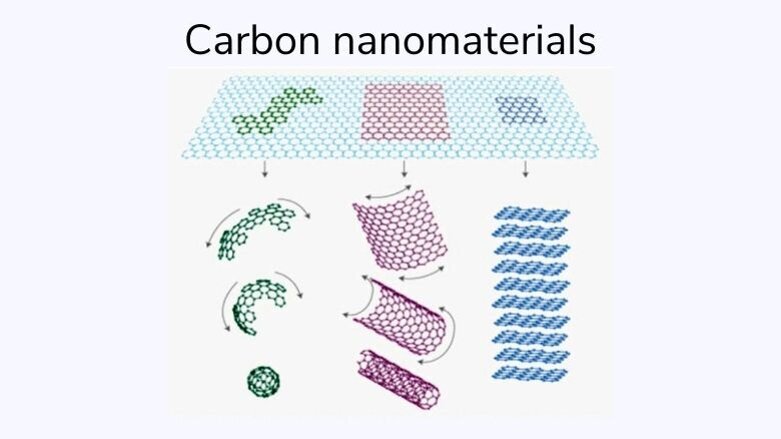



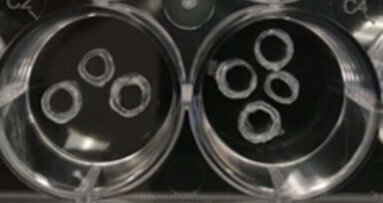
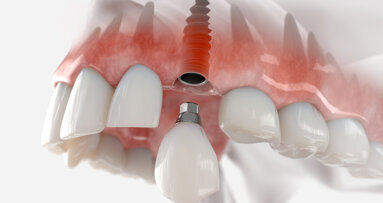
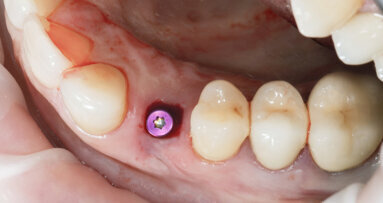
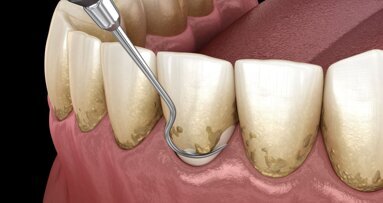
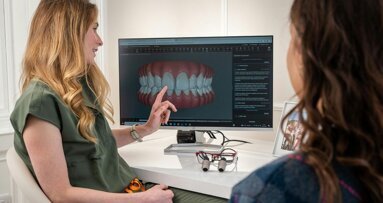
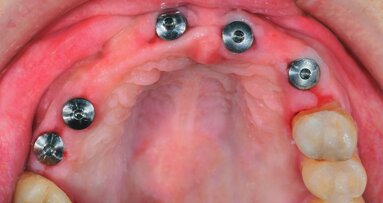
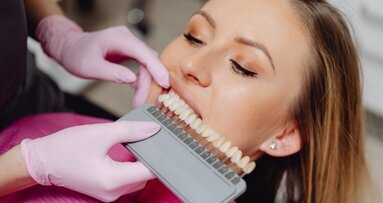
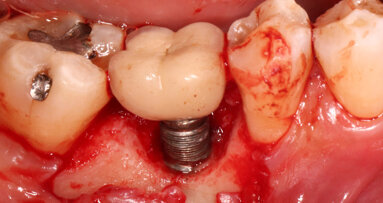
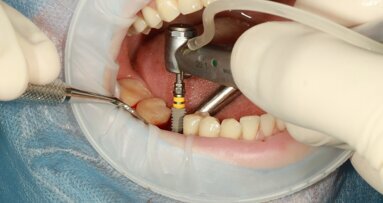
















To post a reply please login or register